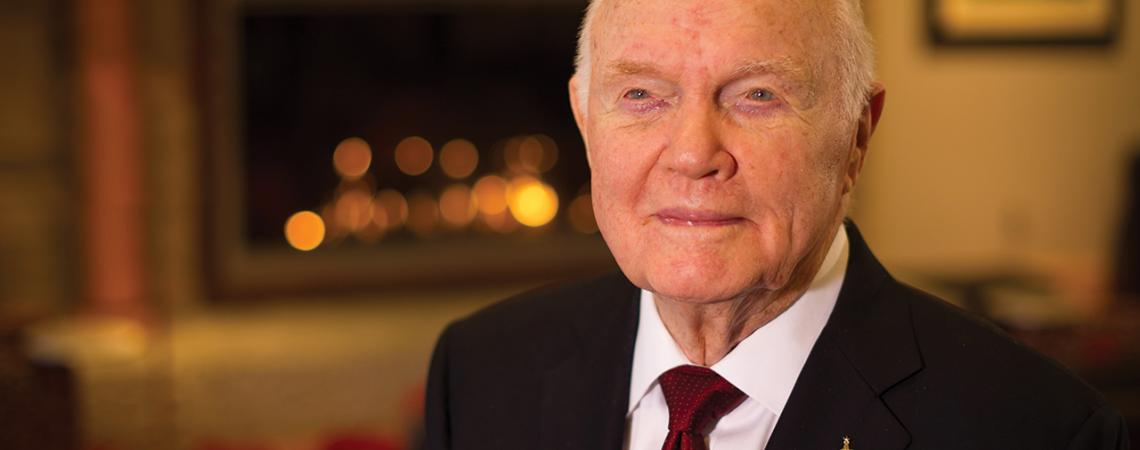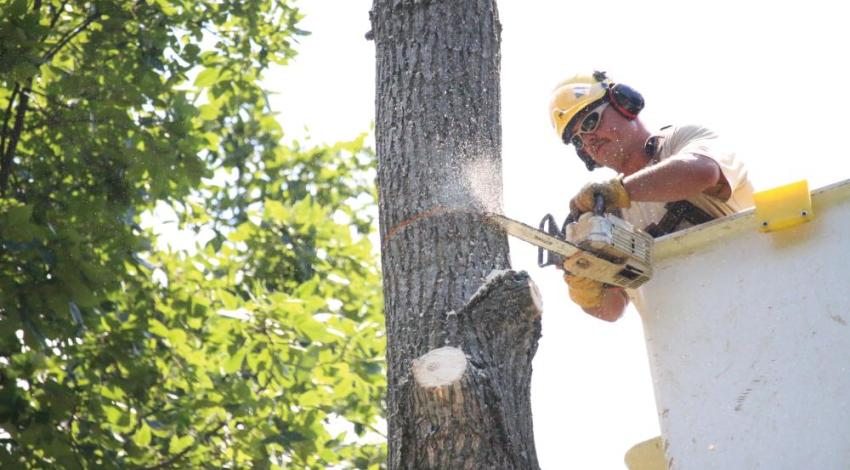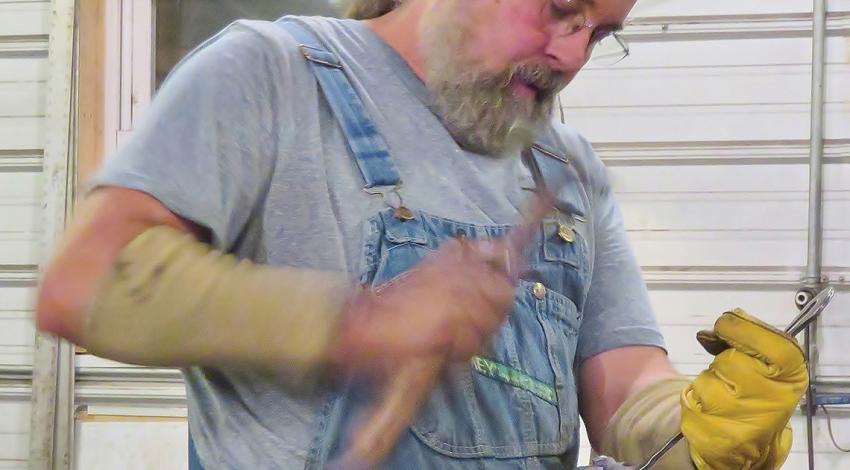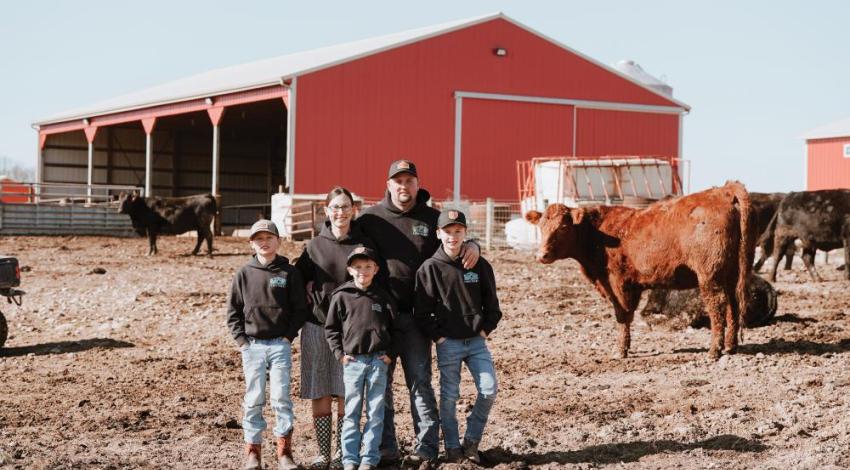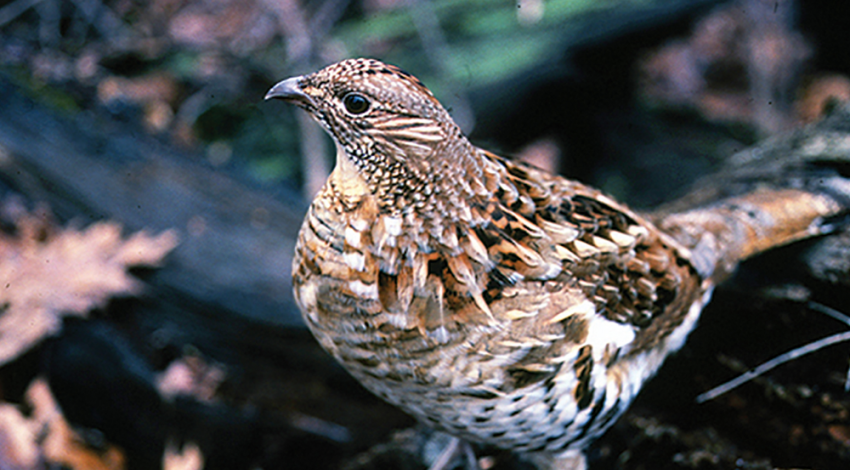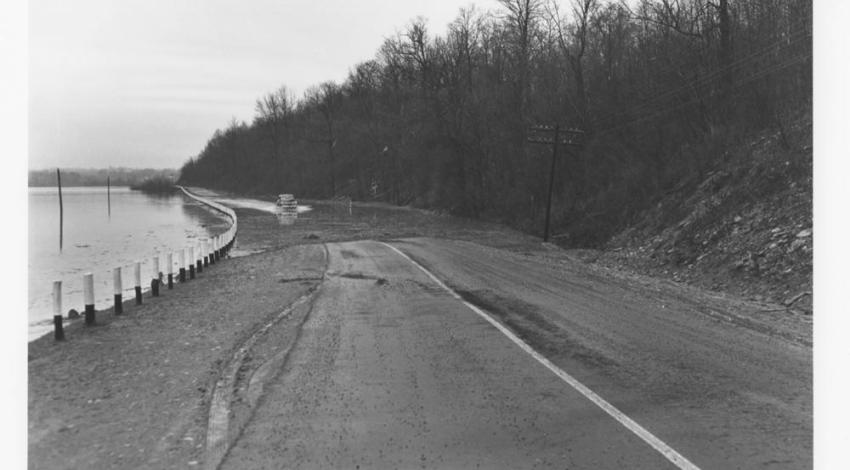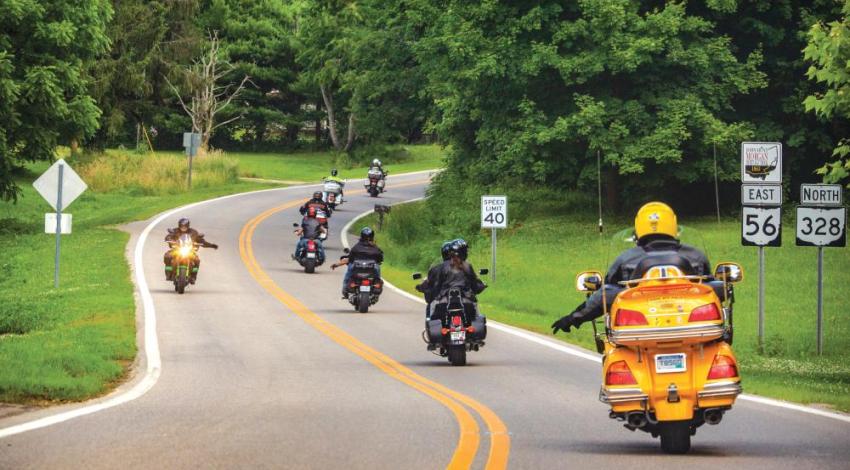Sen. John Glenn (Credit: NASA/Bill Ingalls)
No matter how big a hero he became, through his pioneering work as a test pilot and astronaut or his service to the state and country as a United States senator, John H. Glenn Jr. never forgot his rural roots — and that made him a friend to electric co-op members everywhere, says Darrel “Cubby” Cubbison, the retired longtime member services manager at Guernsey-Muskingum Electric Cooperative.
“John’s father was a plumber in New Concord, and I think that, growing up, they both expected that John would follow in those footsteps,” Cubbison says. “Now, rural people of that time did not have electric water pumps — they didn’t have refrigerators, no electric gadgets, not even lights in the barn, but water, that was the main thing.
“I was 4 years old when my family got electricity, right when John was going around with his father to install water pumps at farms all over, and so he was always well aware of what a big deal it was for electricity to come to the rural areas.”
Glenn, of course, did not go into the family business. He became the first American to orbit the Earth and was elected to four terms in the U.S. Senate, where he was a champion of issues on aging, science, and nuclear proliferation, among many others. He died Dec. 8 at the Ohio State University Wexner Medical Center in Columbus. He was 95.
Glenn was born July 18, 1921, in Cambridge, and his father moved the family to nearby New Concord two years later, to a home about a three-minute walk from what is now the GMEC office.
He met his future wife, Annie, while both were still toddlers, and they remained together until his death. They both attended elementary and high school in New Concord and attended Muskingum College.
When the Japanese bombed Pearl Harbor, Glenn quit school to enlist and become a military pilot, and he and Annie were married in April 1943 — right after he finished his flight training and earned his commission in the U.S. Marines.
After a successful run as a combat pilot and a test pilot, he was selected as one of the original seven Mercury astronauts. He was subsequently chosen to man the Friendship 7 and become the first American in orbit on Feb. 20, 1962 — cementing his status as an American hero.
He won his first term in the U.S. Senate in 1974, and remained there until he retired in 1999. He was still a senator, in fact, when he returned to space at age 77 aboard the space shuttle Discovery in 1998.
Cubbison’s parents had been friends with Glenn’s — their mothers were neighbors growing up — and Cubbison says he had plenty of contact with Glenn as part of his work for GMEC and in representing 4-H through Ohio State University Extension. “We went to Washington many times while he was there and he always made time for us because he knew what we were talking about was important,” Cubbison says.
“You know, he was one of the most honest, honorable people I’ve ever known, and he was also one of the most down-to-earth,” Cubbison says.
“Besides all the things everyone knows about, he did a lot of things silently and almost invisibly that made a lot of difference in the lives of everyone in the nation, including for rural America, and he was never very far away in his thoughts from New Concord.”
